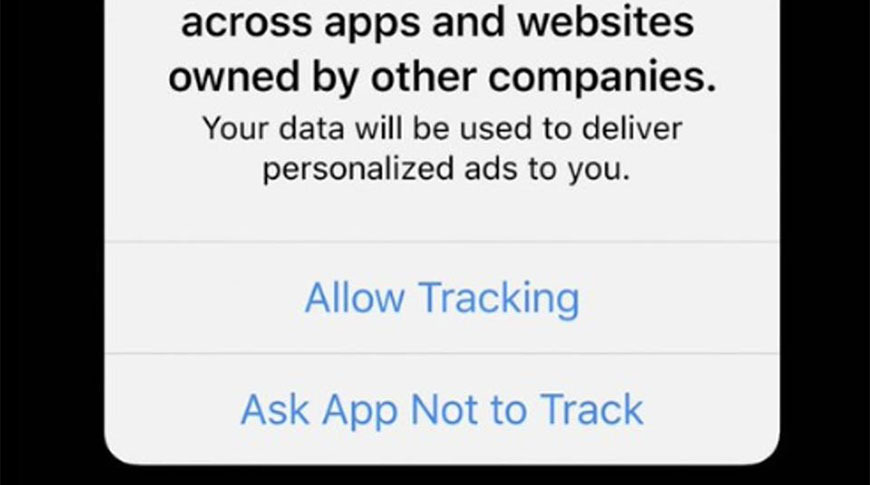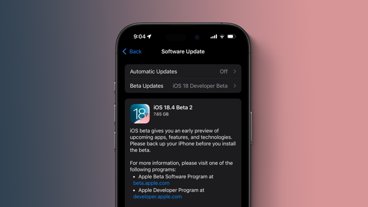Google in a recent update to its AdMob Help Center announced upcoming support of Apple's iOS 14 operating system, noting plans to integrate the iPhone maker's App Tracking Transparency API for triggering ad tracking opt-in tools.
As reported by AdExchanger on Monday, Google's position on iOS 14 ad tracking, revealed last week, flew under the radar.
According to a blog post informing advertisers of the preparations needed for the transition to iOS 14, Google will use Apple's ATT API and continue to collect Identifier for Advertisers (IDFA) data from users who opt-in to the service.
"As part of iOS 14, developers may choose to employ the new App Tracking Transparency framework," the post reads. "If you choose to do so, we recommend implementing an explainer message that appears to users immediately before the ATT alert with details about how you use user data and how the user can opt in to personalized ads."
In order to monetize personalized advertising on iOS 14, both the updated Google Mobile Ads SDK and ATT API are required. As noted in the report, Google's SDK also supports conversion tracking via the SKAdNetwork, and the company operates its own operating system in Android.
Google is, however, monitoring the situation and could modify its protocols depending on the response it and partner advertisers receive from users when iOS 14 debuts this fall. The opt-in mechanism could potentially hurt Google's business.
"At the moment, we are still trying to understand how Apple's planned changes to iOS 14 will impact our partners and our users," a Google spokesperson told AdExchanger.
The issue revolves around IDFA tracking and handling. Current iterations of iOS incorporate tools to limit tracking, but they are buried beneath layers of Settings menus. With iOS 14, Apple is bringing those features to the fore by presenting a permission dialogue box when an app opens for the first time. Specifically, users will be asked — rather starkly — whether they want to "Allow Tracking" or "Ask Apps Not to Track." The tone of the text could dissuade users from opting in to the service, advertisers argue.
Facebook, for example, has repeatedly stated Apple's IDFA strategy will hinder ad profits. The social media giant has met with partners to discuss concerns, though some developers believe the opt-in mechanism could be a boon.
As for Google, the willingness to accept Apple's ad tracking move might be a harbinger of things to come, with the search titan potentially preparing to limit its own Google advertising ID (GAID) in a bid to position Android in the same camp as iOS.
 Mikey Campbell
Mikey Campbell








 Charles Martin
Charles Martin

 Malcolm Owen
Malcolm Owen
 William Gallagher
William Gallagher
 Christine McKee
Christine McKee
 Marko Zivkovic
Marko Zivkovic
 Mike Wuerthele
Mike Wuerthele








1 Comment